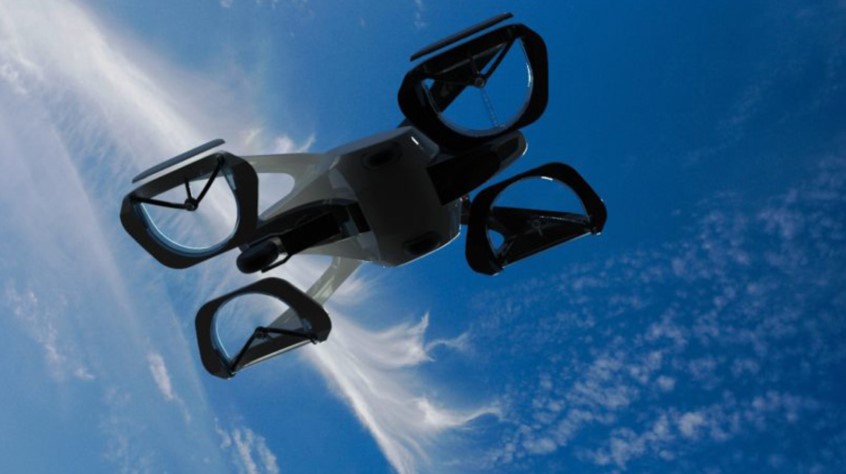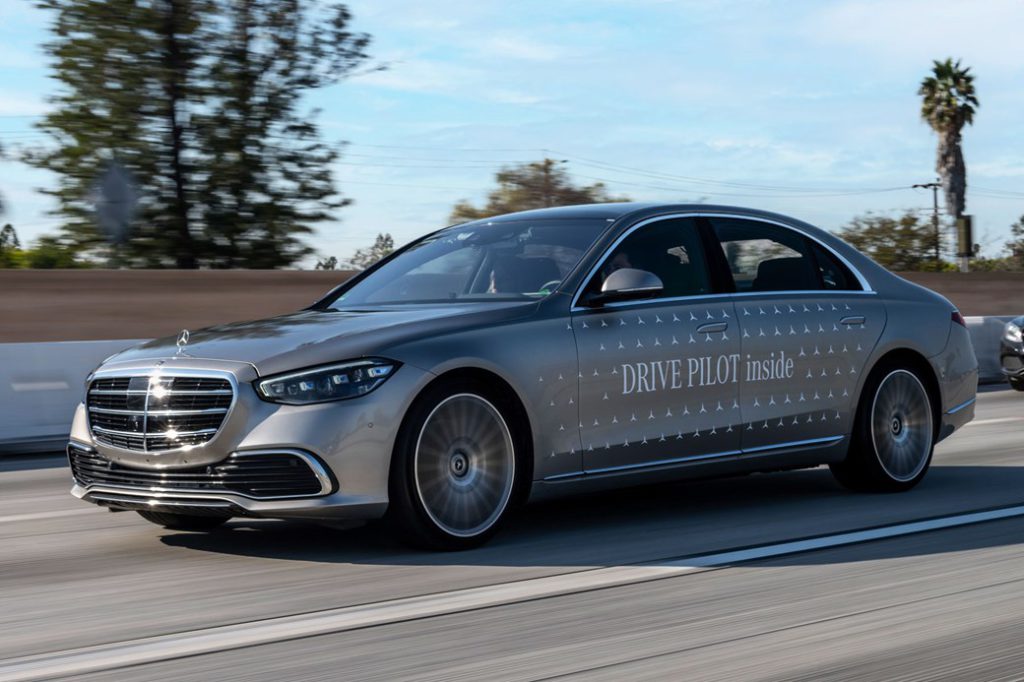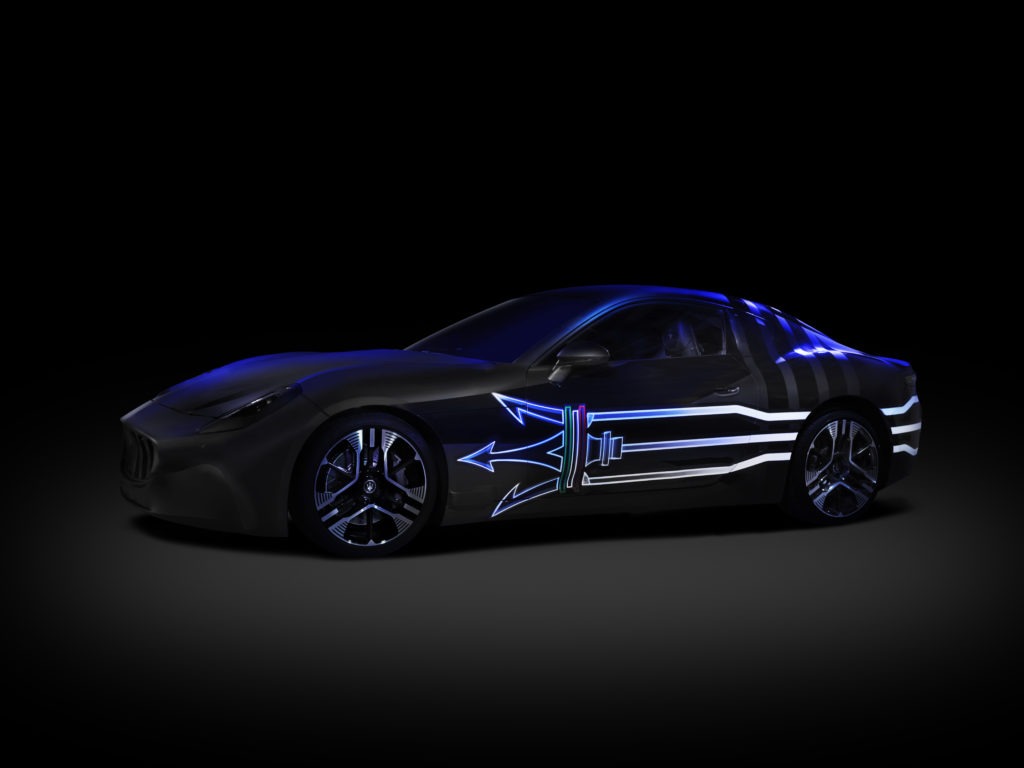Major companies team up to make flying cars a commercial reality
10 April 2022

SkyDrive, a manufacturer of flying cars, has announced it is teaming up with one of Japan’s leading carmakers to develop and produce a compact, two-seat, electric vertical take-off and landing (eVTOL) aircraft.
SkyDrive will work with Suzuki to collaborate in areas that include technology, research and development, planning manufacturing frameworks, and mass-production systems., and there will be an overall aim for carbon neutrality within the business operations.
Plans are afoot to start an air-taxi service to coincide with the 2025 World Exposition in Osaka, Japan, and from there, provide regular services in other regions of the country. The involvement of Suzuki marks an expansion of the company’s storied portfolio, which is widely associated with automobiles, motorcycles, and outboard motors.
Flying cars close to everyday reality in Japan
When it comes to turning flying cars from the domain of science fiction to an everyday reality, Japan is leading the way. SkyDrive was established in July 2018, with the mission of ‘leading a once-in-a-century mobility revolution.’ It has worked with multiple partners to develop a variety of flying vehicles and is the only company in Japan that has successfully conducted manned test flights.
More widely, the Public-Private Council for Air Mobility Revolution was established in Japan back in 2018, with the aim of encouraging the advancement of eVTOL vehicles, with specific real-world goals on the agenda. These include establishing a flying-taxi service in urban areas, providing transportation in rural areas, and offering vehicles for emergency requirements and disasters such as earthquakes.
To that effect, the Japanese ministry of economy, trade and industry and the ministry of land, infrastructure, transport, and tourism have formulated a roadmap aimed at implementing full-scale deployment of flying cars by 2030.
Take-off for flying cars on hold in Germany
German flying car start-up Lilium has announced that it is postponing the launch of its market launch to 2025. The Bavarian-based outfit had initially planned to take to the skies in 2024 with its aerial taxi-based business model, but a number of issues have delayed the commencement of commercial operations.
Central to Lilium’s announcement includes delays in the final design of the vehicle, residual effects from the COVID-19 pandemic, and further discussions with regulatory authorities, which CEO Daniel Wiegand outlined in a blog.
‘Based on the current status of our design activities to develop the safest possible aircraft,’ wrote Wiegand, ‘our discussions with regulators, and even taking into account two years of COVID-19 and the continued global supply-chain disruption, we plan to start building our first handful of conforming aircraft, the only type of aircraft that can be used for certification, next year. Upon completion of the conforming aircraft build process we will then spend the following 15 to 18 months running our final test campaign with the aim of receiving our initial Type Certification in 2025, with scale production of our aircraft set to begin immediately upon certification.’



